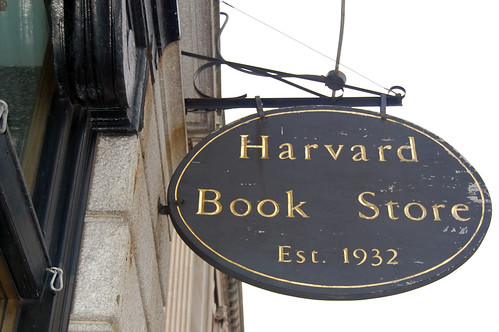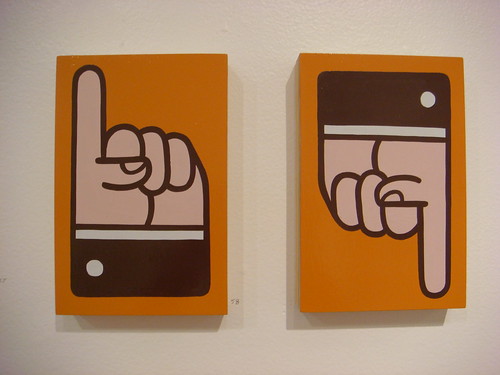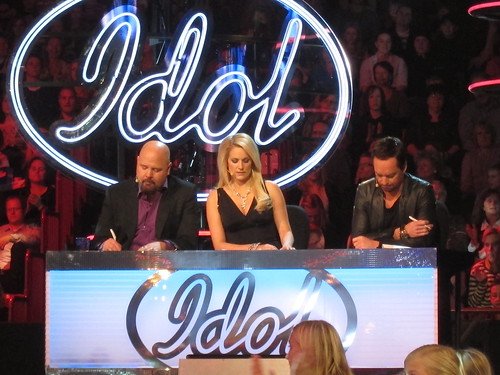Harvard Bookstore as Forbes success story
by Celeste Ng
I’m very lucky to live within walking distance of Harvard Bookstore, one of my favorite bookstores on earth. The fact that it’s an independent bookstore is just icing on the cake—the store is just wonderful, with a great staff, and in a decade I’ve never once succeeded in visiting without spending a half-hour or more there. So I was thrilled to see Forbes recognizing the success of Harvard Bookstore and its owner, Jeff Mayersohn. The title of the article—“The Man Who Took on Amazon and Saved a Bookstore”—reminds you how hard it is to run an indie bookstore these days, […]






























